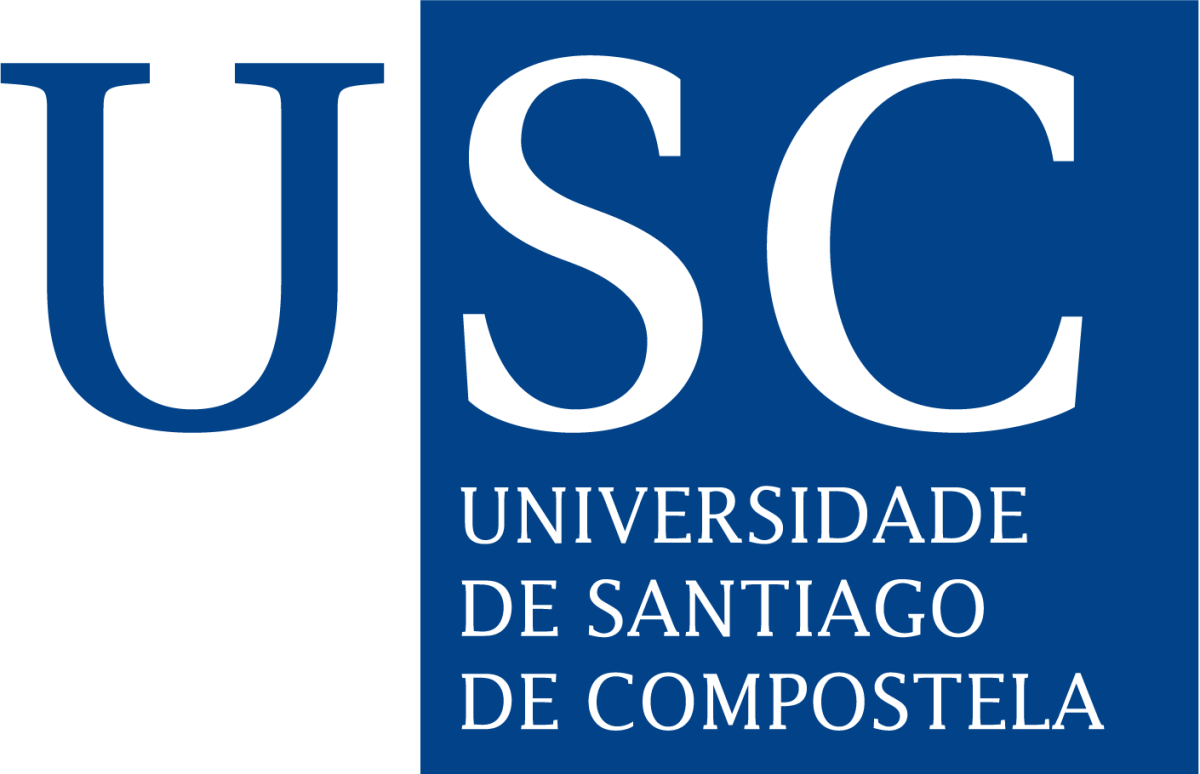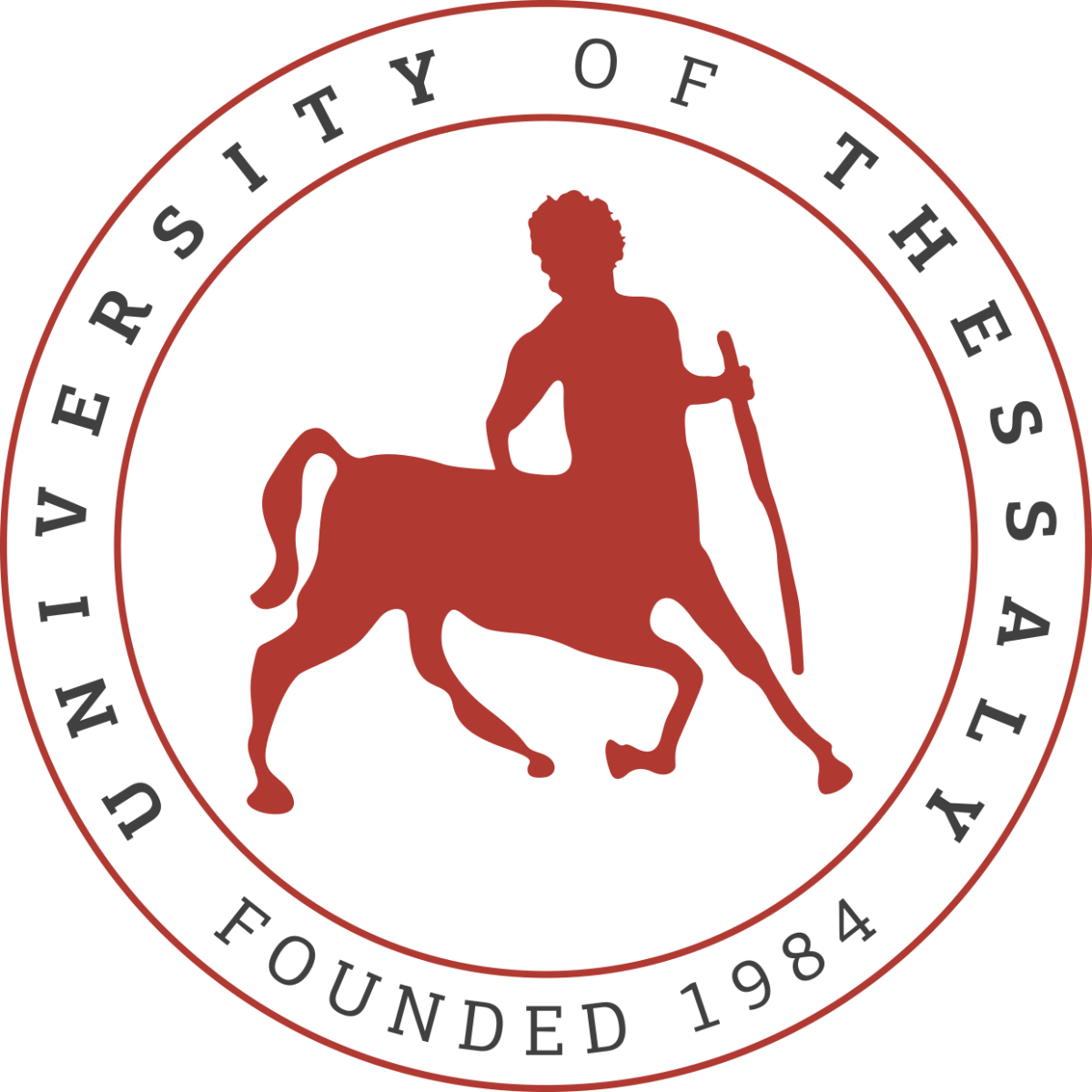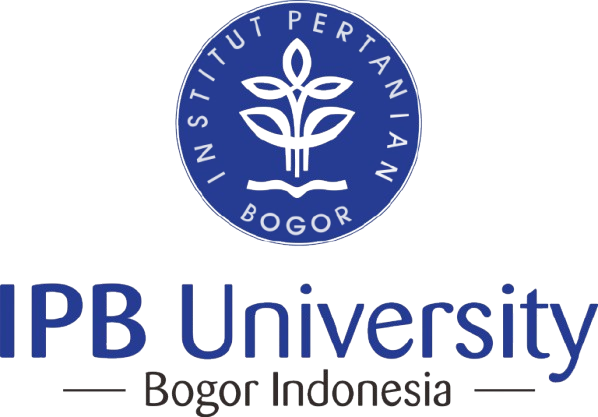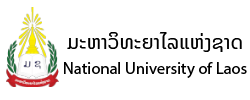Background & Rationale
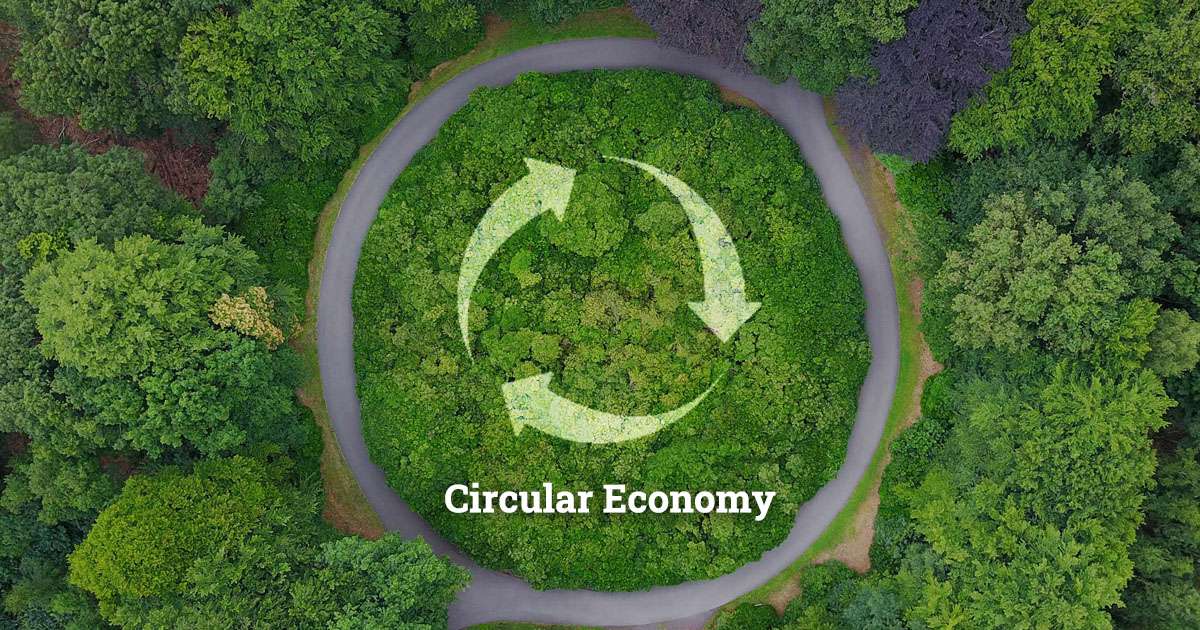

The Green Deal is Europe’s visionary step towards reversing climate change and environmental degradation. As part of the process, the EU is leading the transition to a greener, more efficient, and circular economy as it fights for green economic growth and a higher standard of living in member states. The transformation is inevitable, not just in Europe but in fact globally, as environmental issues know no national borders.
Asian economies, being among the major contributors to global pollution, face significant challenges in adopting circular economy policies. These challenges include reliance on fossil fuels, inadequate waste management, and public awareness issues regarding pollution. High consumption and a growing population are also contributing factors, underscoring the urgent need for targeted solutions.

The CEBCAT project attempts to address these challenges by focusing particularly on knowledge transfer and capacity building in the sectors lagging behind the initiatives of sustainability. By applying EU competences in circularity, the project intends to facilitate the uptake of circular behaviour through training and professional competences development. The project also recognizes the economic benefits of the circular economy, including the creation of high-quality employment and opportunities for new business areas, particularly in the energy transition and sustainable sectors.
Key objectives
Organize the exchange of EU circular economy and sustainability knowledge and best practice to institutions of underdeveloped regional circular policy.
Establish and offer specialized postgraduate studies in circular economy and sustainability, with emphasis on energy transition and sectoral strategies.
Equip the beneficiary institution personnel with the necessary skills to implement circular economy concepts using an effective training program.
Create a sustainable digital platform for continuous training, resources, and collaboration between institutions and professionals to ensure the long-term effects of the project.
Organize mobility schemes for staff, students, and professionals to foster international exchange and hands-on exposure to sustainability initiatives.
cebcat
Results
The CEBCAT project is expected to achieve the following results:
Partner Institutions
The CEBCAT project brings together a diverse group of institutions, including
European Partners
Τhese partners will provide the baseline knowledge on circular economy and sustainability practices. They will lead the development of the postgraduate courses, training programs, and digital platform to ensure that the knowledge transfer is high-quality and effective.
Beneficiary Institutions in Target Regions
The institutions, primarily based in Asia, are the ones that will benefit from capacity building. They will be the primary beneficiaries of the training and will play a crucial role to implement the circular economy principles in their respective countries.
All partner institutions have a crucial role to ensure the success of the project, varying from providing specialized expertise to conducting the training and sustaining the impact through sustained collaboration.

The CEBCAT project has received funding from the European Union EACEA.A – Erasmus+, EU Solidarity Corps under Grant Agreement n. 101179061.Views and opinions expressed are however those of the author(s) only and do not necessarily reflect those of the European Union or the European Education and Culture Executive Agency (EACEA). Neither the European Union nor EACEA can be held responsible for them.
© 2025 cebcat.eu | All Rights Reserved


